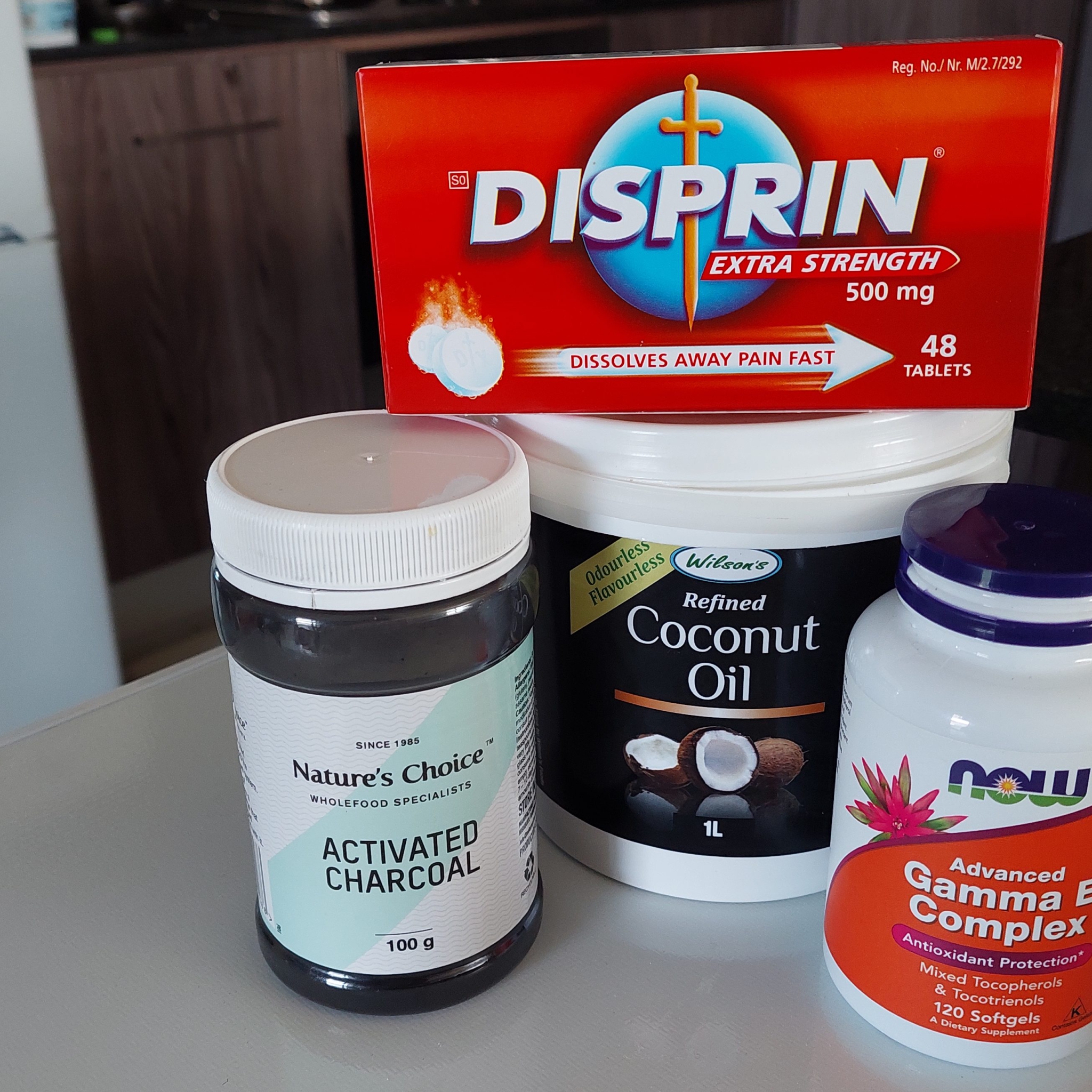- Joined
- Aug 24, 2017
- Messages
- 5,856
Someone recently requested that I write a little somethin somethin on PUFA depletion. So I wrote this article about why it's a good idea to lower PUFA intake (most members of this forum know already), how to reduce it in the body and how to protect against it.

 men-elite.com
men-elite.com
Let me know your thoughts.

How to deplete yourself of PUFA quickly and safely » TESTONATION
Eliminating nut and seed oils are one of the best things you can do for health and longevity. By doing so, you not only improve health in the long run, but it also has an almost immediate beneficial effect that translates to faster recovery in the gym or from physical activity, faster healing...
 men-elite.com
men-elite.com
Let me know your thoughts.
